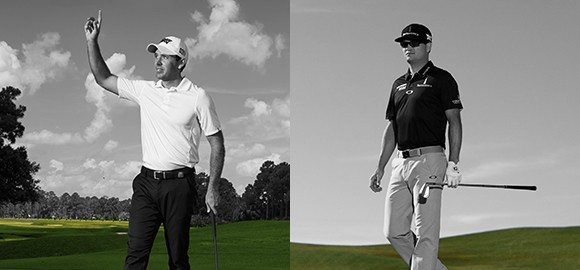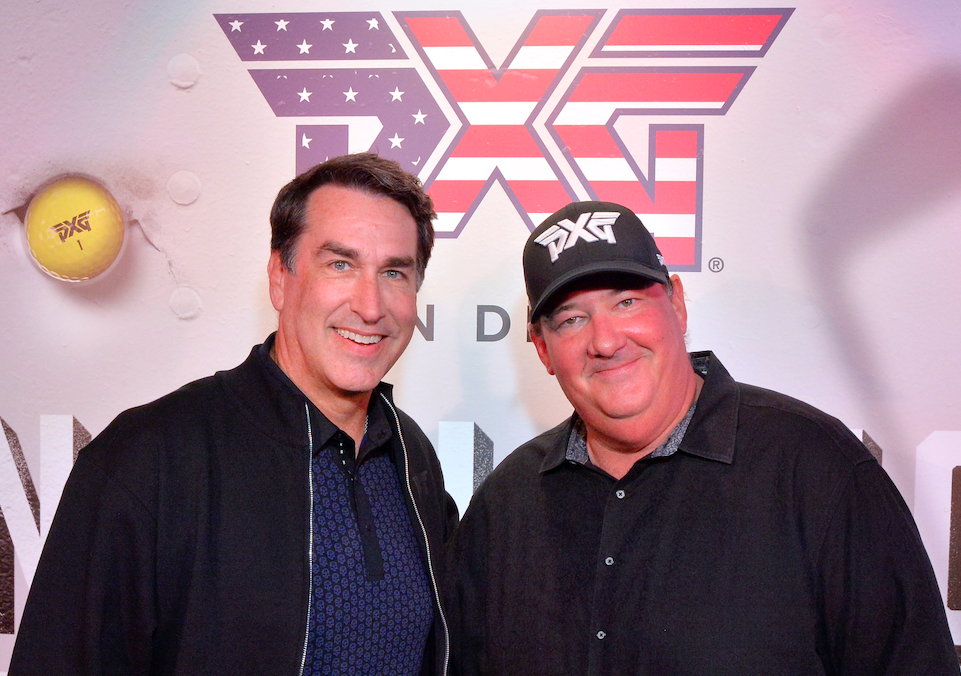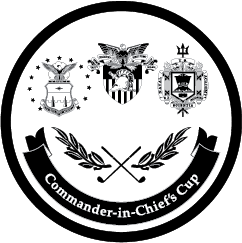A Masters conversation with champions Zach Johnson and Charl Schwartzel
By Shaun Tolson
There is an undeniable allure to the Masters. The annual event not only brings together (and celebrates) past and present generations of golf’s elite players, it also fosters respect and admiration for the game itself. As the year’s first major approaches, we sat down with Masters champions Zach Johnson and Charl Schwartzel to get an inside perspective on all things Augusta National, from their favorite memories and pivotal shots to that infamous Par 3 Contest curse.
How have the Masters and Augusta National changed – if at all – since you won your green jacket?
Zach Johnson: Augusta National has become a very difficult driving golf course. There are a lot of tee shots that you have to pay attention to, like holes one and seven, seventeen, and a couple of others. You have to hit a good tee shot. You can’t just bomb it out there. You have to get the ball on the fairway. It’s a very difficult course when you’re not hitting fairways.
Charl Schwartzel: When I won it, I realized that I’ll be able to play that tournament for the rest of my life. Every time that I arrive at Augusta during the week it has to be a different feeling than what the other guys [who haven’t won before] feel. It’s even more special that you’re a part of that history of Augusta and the Masters.
What aspects of your game are well-suited for Augusta National?
ZJ: My short game and wedge play in particular. A proper spin-controlled shot on the par-5s is critical. The year I won, I played the par-5s 11-under-par. My mental grit also bodes well at a place like Augusta—knowing where not to go is part of the formula for being successful there.
CS: When I’m playing my best golf, my iron play is normally really good, and the fact that I can hit my irons really high—and my natural shape that’s most comfortable is left to right—it allows me to have more control when the ball hits the green than guys who might not be able to play shots as high. The greens at Augusta get very firm, and you really need to be coming in high with left to right spin to give yourself good chances.
Is there a hole—or a specific shot on a particular hole—that you believe will be pivotal to your success in the Masters this year?
ZJ: There are so many holes at Augusta National where you can have your ball in the fairway, and if the pin is in a certain area it’s a completely different golf hole from the day before. On the par-3 fourth hole, for example, if the pin placement is in the back left or somewhere over the trap, it’s difficult but doable. When the pin is in the front left—and you’re hitting from the back tee box—it’s one of the hardest shots in golf. You cannot hit it right; you’re making bogey at best if you do. You can hit it to the back left and try to two-putt from there, which is really tough; or you can go right at the pin, which is a hard shot because you’ve got a 3-iron or a 4-iron in your hands. The year I won, I actually laid up. I hit to the front of the green, chipped it up there, and made par. However, the hole that stands out, especially on the weekend, is the 12th, and [on that hole] it doesn’t matter where the pin is.
CS: You have to capitalize on the par 5s, but then you have holes like number four, eleven, and twelve that are very demanding holes. If you play those holes level par for the week, you’ll have a very good chance of competing in the tournament. There’s not much margin for error on those holes. On number eleven, for example, you have to hit a fade into the green but you’ll have a right-to-left lie. If you bail to the left you’re in the water and if you’re on the right side you’re going to make bogey anyways. So either way you have to take on the shot. I really requires a shot that you have to take on and you have to pull off.
Do you have a favorite hole at Augusta National?
ZJ: It’s definitely number twelve, which goes against the grain that longer is better. A front left pin requires a wedge or 9-iron off the tee, but a back right pin could require a 7-iron. Either way, you’ve got loft in your hands so you can go after the pins. You don’t have to bail, but there are times when I don’t know if I should go after it. There are times when you have to play conservative, but that’s not easy either and that’s what makes it difficult. Commitment is priority number one on that hole. It’s arguably the most beautiful hole that we play.
CS: The 16th comes to mind just because it can be so dramatic. You don’t have to hit the most precise shot, you can have a little margin for error with the slope on the green. It’s one of those holes that if you’re in contention—and after a par five—you know you can get another birdie. Also, with the amount of people that sit around that hole, the atmosphere is pretty amazing.
Some say that winning the par 3 contest on Wednesday is a curse. Win on the nine-hole short course and you can kiss that year’s green jacket goodbye. Do you believe it?
ZJ: I don’t think it’s a curse. It’s just a stat. The guy who’s won the par 3 hasn’t won the tournament. It’s nothing more than that. Certain guys don’t play in the par 3 contest; but for me, to say that I go out on the par 3 course and don’t try would be incorrect.
CS: Not really. We have so much fun during the par 3 contest. It’s a great little relaxing way of playing the day before the big build-up. It would be quite unique to change that theory. That’s the way I look at it. My goal would be to win the par 3 contest and the green jacket and give people even more to talk about.
Would the Masters be any easier if it weren’t the first major of the year?
ZJ: I don’t think it matters. You know where it is on the schedule, and you prepare accordingly. Everyone’s preparation is different. To prepare for majors I typically like to play the week before, but I don’t play the week before the Masters. We play the same course every year, so I feel like I can prepare properly for it at home.
CS: No, I don’t think so. The aura of that tournament—the stature of it and the importance of it and the history of it—it doesn’t matter where you put it in the year. It could be in December and it’s going to make the guys feel the same.
There is talk that the 13th hole could be lengthened, maybe as early as next year. How do you feel about that?
ZJ: What they’ve done is just lengthened the tee boxes, which provides them with more options. Can some guys still get there in two? Absolutely. It probably won’t be bad for me because I’m all for laying up. So I’m not opposed to it, but I’m not for change, either. My guess is if they do change it, it will look like it has belonged there all along.
CS: For the shorter players it’s beneficial because they’re going to lay up anyway; and it will take the advantage away from the long hitters who want to cut the corner. Guys will still go for the green in two, but now they’re going at it with a 3-iron or a 5-wood off a banked slope that doesn’t give you many options. And we professional golfers think we can do anything, so you’ll see more guys making sixes and changes of score happening on that hole. It would be more dramatic.
What do you love most about Augusta National?
ZJ: August National is the most predictable golf course that we’ll play all year. It’s predictable because it’s so pure. It’s one of the highest compliments that I can give a facility. You know that if you hit your shot and land it here it will end up there; and if you hit your putt on line it will go in. In other words, what you see is what you get. It’s just a matter of execution, but the execution is the hard part.
CS: Those dinners that we go to as champions are really something you can’t explain to people. That is when you realize how much a part of history you are. To be surrounded there by all the guys that I never even saw play and to listen to their stories of the way they won back in the day—and just to spend time with them—is something that’s irreplaceable. But the best answer would be everything. From being the Masters and playing a round on the course to the champions’ dinner we have every Tuesday night and driving down Magnolia lane—it’s all very special.



